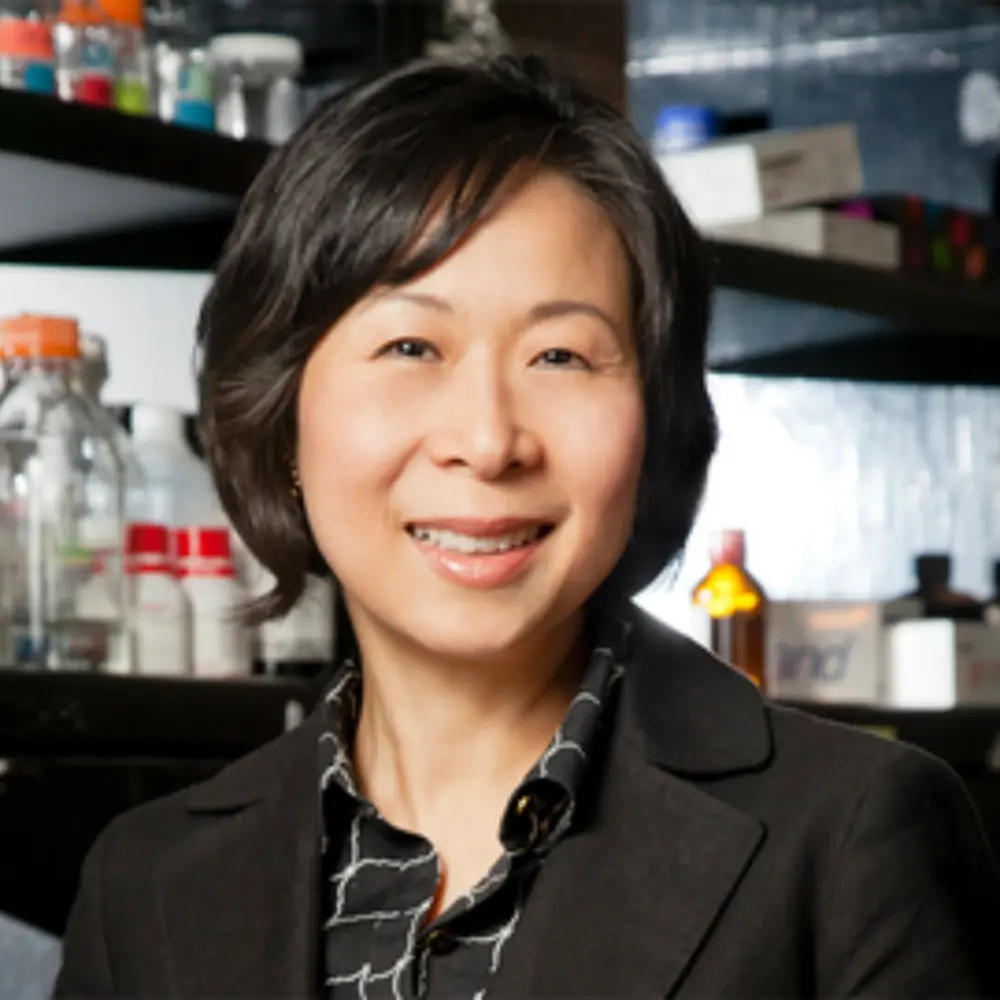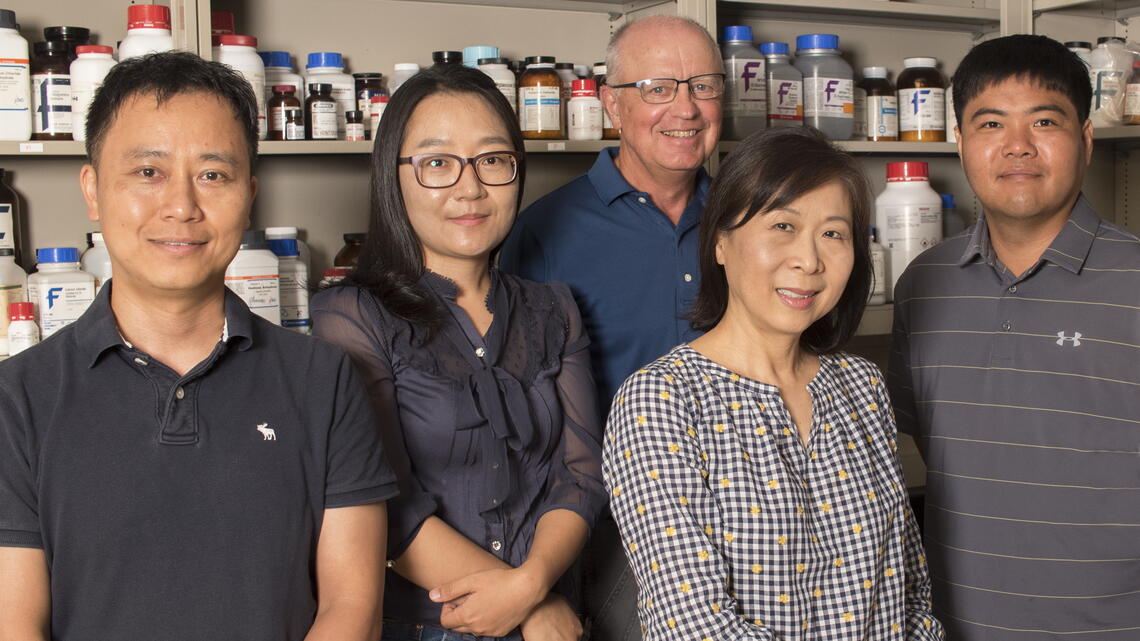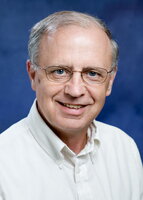
Autophagy or “self-eating” is a fundamental biological process by which cells digest and recycle cellular components for survival of the cells under nutrient-deprived conditions. Autophagy must be tightly controlled since deficient autophagy is associated with many diseases and aging, while excessive autophagy is also harmful because it promotes cell death.
Postdoctoral fellow Sangwon Byun (co-first author), research scientists Sunmi Seok (co-first author) and Young Kim, and their colleagues in Molecular and Integrative Physiology professor Jongsook Kemper’s lab along with Peter Yau in the Proteomics Center, uncovered a novel epigenetic pathway explaining how autophagy is turned on during fasting to maintain energy balance in mouse liver. Epigenetic regulation involves environmental-driven modifications of DNA and histones that alter gene expression.
Through a series of mechanistic studies, Kemper and her colleagues found that a fasting-induced hormone, Fibroblast Growth Factor-21 (FGF21), and FGF21 signal-activated histone demethylase JMJD3 promotes autophagy-mediated breakdown of lipid droplets and subsequently, promotes mitochondrial breakdown of fatty acids in livers to provide a source of energy in fasted mice. They further found that this FGF21-JMJD3-autophagy pathway is likely impaired in livers of human obesity-associated non-alcoholic fatty liver disease (NAFLD) patients. These findings could have important implications for the treatment of diseases associated with autophagy dysfunction, such as cancer, neuro-degenerative diseases, and metabolic disorders like obesity, diabetes and NAFLD. An article reporting these findings was published in Nature Communications.
The study was supported by grants from National Institutes of Health and the American Diabetes Association to Prof. Kemper and a post-doctoral fellowship to Dr. Byun, as well as a scientist development award to Dr. Kim, both from the American Heart Association.


